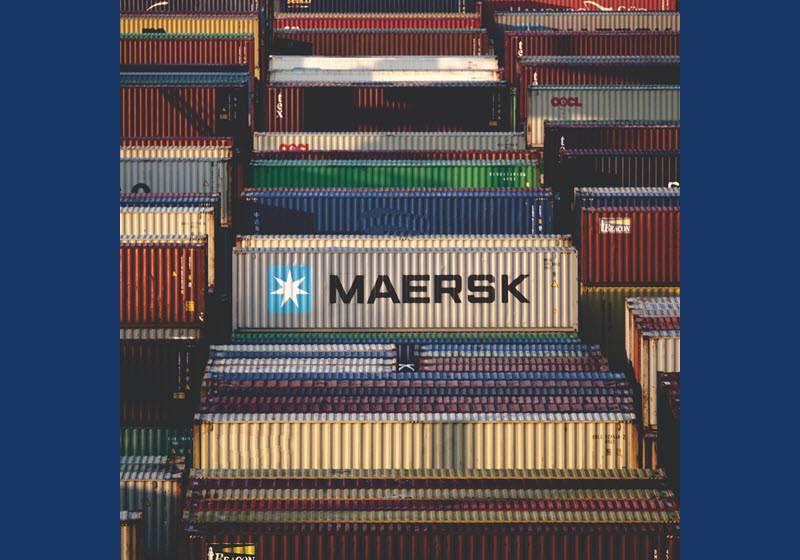
A strike could have serious consequences for the Canadian economy and the agriculture industry.
Many experts believe the timing could not be worse. Port operations must remain fluid so as not to disrupt supply chains and put further pressure on costs, at a time when we are still facing high inflation.
While it is good news that grain vessels will continue to be serviced during the strike, the agriculture industry could lose inventory if perishable goods are not unloaded or uploaded and brought to market quickly.
Fertilizer Canada is calling on the federal government to take immediate action to end the work stoppage at the West Coast ports. Canada exports 95 per cent of the potash we produce to global markets with the majority flowing through the Port of Vancouver. Potash is a vital crop input that helps farmers increase their yields, and interruptions to overseas shipments can have damaging impacts on global food security.
Fertilizer Canada says the government must take immediate action to end the work stoppage using all means available, including recalling Parliament and enacting back-to-work legislation. Swift action is needed as the impacts of delays are felt even after a resolution is reached as services need time to ramp back up. Government intervention is needed to protect Canada’s reputation as a reliable trading partner.
“Potash is essential to global food security, and we are concerned the strike will jeopardize the delivery of our product to farmers around the world who need it to grow hearty, nutritious crops,” says Karen Proud, President and CEO Fertilizer Canada. “The fertilizer industry depends on reliable supply chains to get our products to farmers. This strike is one of many disruptions we have seen and underscores the importance of strengthening Canada’s supply chains.”
Geopolitical events, like the war in Ukraine, have put pressure on global potash supply, and dependable supply chains are essential to Canada’s reputation as a reliable and stable trading partner. Canada services markets in Asia and South America who are relying on potash shipments for their growing season.
Potash is second only to gold in export value, contributing about $5.52 billion to GDP annually. Over 75 countries rely on Canadian fertilizer. Canada is the world’s largest producer and exporter of potash fertilizer in the world followed by Russia and Belarus.
CAAR supports Fertilizer Canada’s position, as do many agriculture organizations. Port operations need to be maintained and negotiations must continue in order for both parties to find an agreement as quickly as possible.
Experts say that based on past experiences, the federal and provincial governments would not wait more than two weeks before acting and potentially legislating striking longshoremen back to work.
